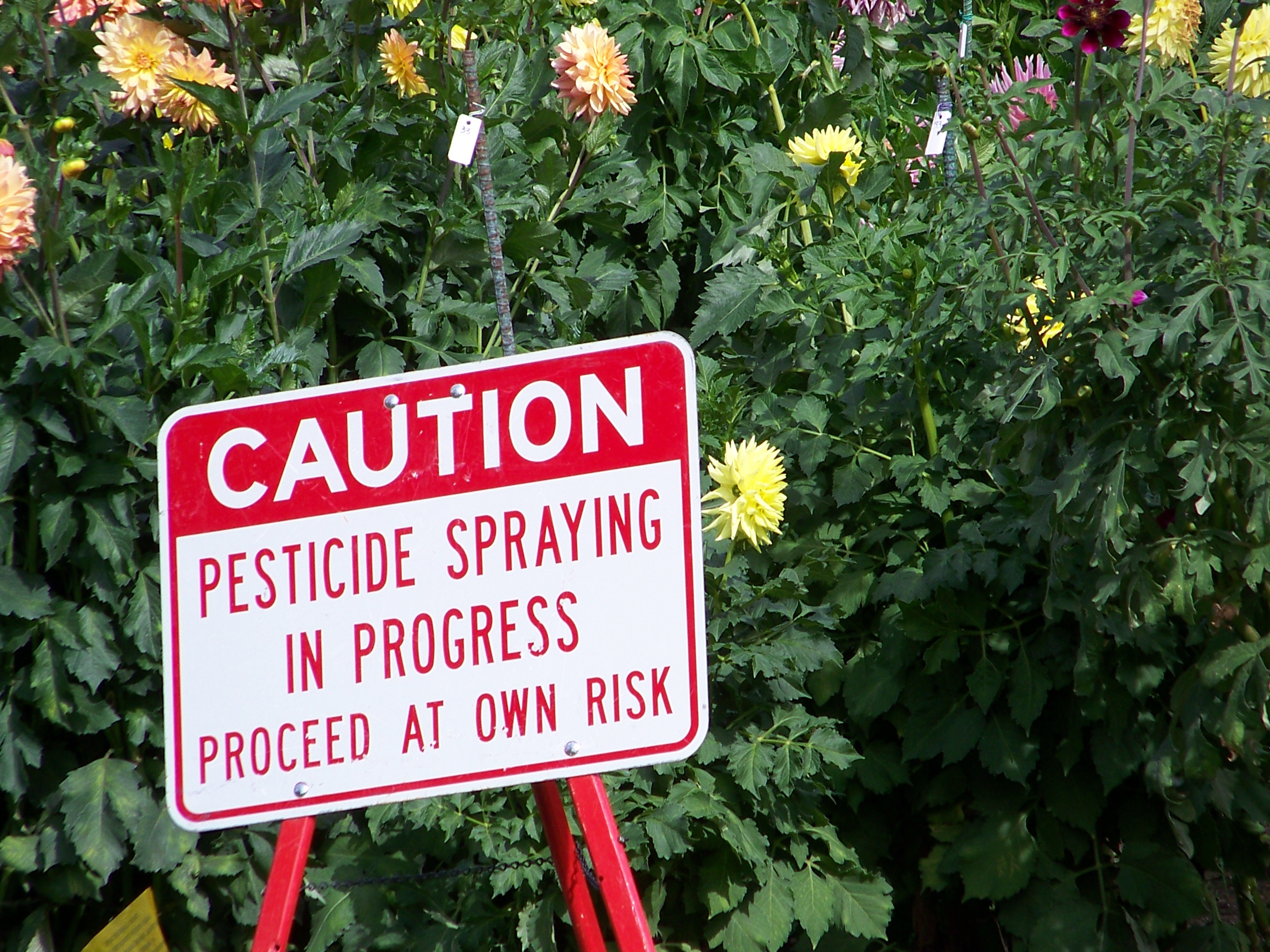Views expressed in opinion columns are the author’s own.
The Maryland House has recently passed a bill that would prohibit chlorpyrifos pesticides — and seeds treated with them — starting in January 2020. The bill also included an amendment that would grant farmers an extension to the end of 2022 if the Department of Agriculture can prove that no other alternative pesticide exists.
The bill still has to pass the state Senate and be signed by Governor Larry Hogan before it would become law. It’s vital that the bill gets enacted, not only to protect the health of our residents and our environment, but to help drive momentum for other states to follow suit in opposing the recent setbacks in a federal ban.
Chlorpyrifos exposure has been proven to be especially harmful to children since their brains are still developing. Exposure to the chemical has been linked to lower IQs, ADHD, autism and other delays in cognitive development.
The negative effects of chlorpyrifos stem from its prevention of nerves from communicating. It blocks an enzyme that controls acetylcholine, a key enzyme in muscle contraction, memory and cognition.
The United States has had a complicated on-and-off relationship with pesticides since they were first chemically synthesized in the 1800s. Some hail them as a miracle of modern science. Others crucify them as toxic killers and an environmental disasters.
The 1950s, nicknamed the “Golden Age of Pesticides,” were the height of pesticide use in the United States. By 1960, the United States was producing more than 600 million pounds of pesticide. At the time, very little research had been done on the effects of chemical pesticides, and there seemed to be no downside to its widespread use.
Today, environmental and health advocates have met opposition from the current administration, which has been rolling back restrictions on chemical toxins including pesticides. Many believed the Environmental Protection Agency was on track to ban chlorpyrifos until the Trump administration took office and refused to acknowledge the petitions against chlorpyrifos.
As science progresses and pesticide research becomes increasingly accessible, our policies need to match. Passing a statewide ban on chlorpyrifos could hurt local farmers on a short-term economic level, but it’s a necessary action for long-term public and environmental health. It’s an inconvenient reality: We can’t prioritize the economy at the risk of child health and neurodevelopment.
Alyssa McKinney is a sophomore electrical engineering major. She can be reached at alyssa.cmck@gmail.com.



